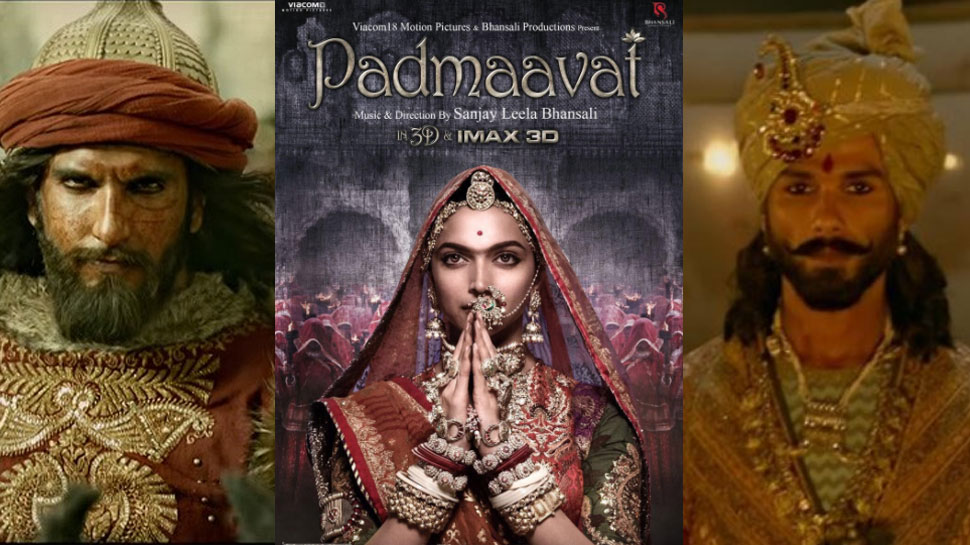
Religious feelings too seem to have a sense of irony. After (allegedly) hurting Hindu Rajput sentiments in India, Padmaavat has been banned in Malaysia, citing its negative portrayal of a Muslim ruler.
Like the protests of Karni Sena, the ban is wrong in so many levels. It seems to suggest that all muslim rulers of human history have been perfect god fearing muslims first and have never been blood thirsty autocratic rulers. Sadly that has (almost) never bee the case.
While Padmaawat the poem by Sufi poet Malik Muhammad Jayasi has been contested for authenticity of its events, what is not contested is the fact that, on 26 August 1303, Alauddin Khilji ordered the massacre of 30,000 people of Chittor after besieging and capturing it.
While Islamic nation states may claim Khilji to be their own for the virtue of his religion, to Khilji himself, his religion was incidental. Ziauddin Barani mentions that Alauddin did not patronize the Muslim ulama, and that “his faith in Islam was firm like the faith of the illiterate and the ignorant”. Barani further states that Alauddin once thought of establishing a new religion. Just like the Islamic prophet Muhammad’s four Rashidun caliphs helped spread Islam, Alauddin believed that he too had four Khans (Ulugh, Nusrat, Zafar and Alp), with whose help he could establish a new religion. Khalji wished to become the second Alexander (Sikander Sani). This title of his was inscribed on his coins and he also ordered it to be mentioned in the public prayers.
Malaysia’s Ministry of Home Affairs on Friday said the film would not be screened in nationwide because of the bloodthirsty way Alauddin Khilji was depicted.
“He is portrayed as a sultan who is arrogant, cruel, inhumane, devious with all kinds of trickery, unreliable and who does not fully practise Islamic teachings,” the ministry said in a statement, according to The Straits Times.The censorship board has previously banned films with religious themes, such as the 2014 biblical drama Noah, and movies with sexual content, such as Fifty Shades of Grey in 2015.







